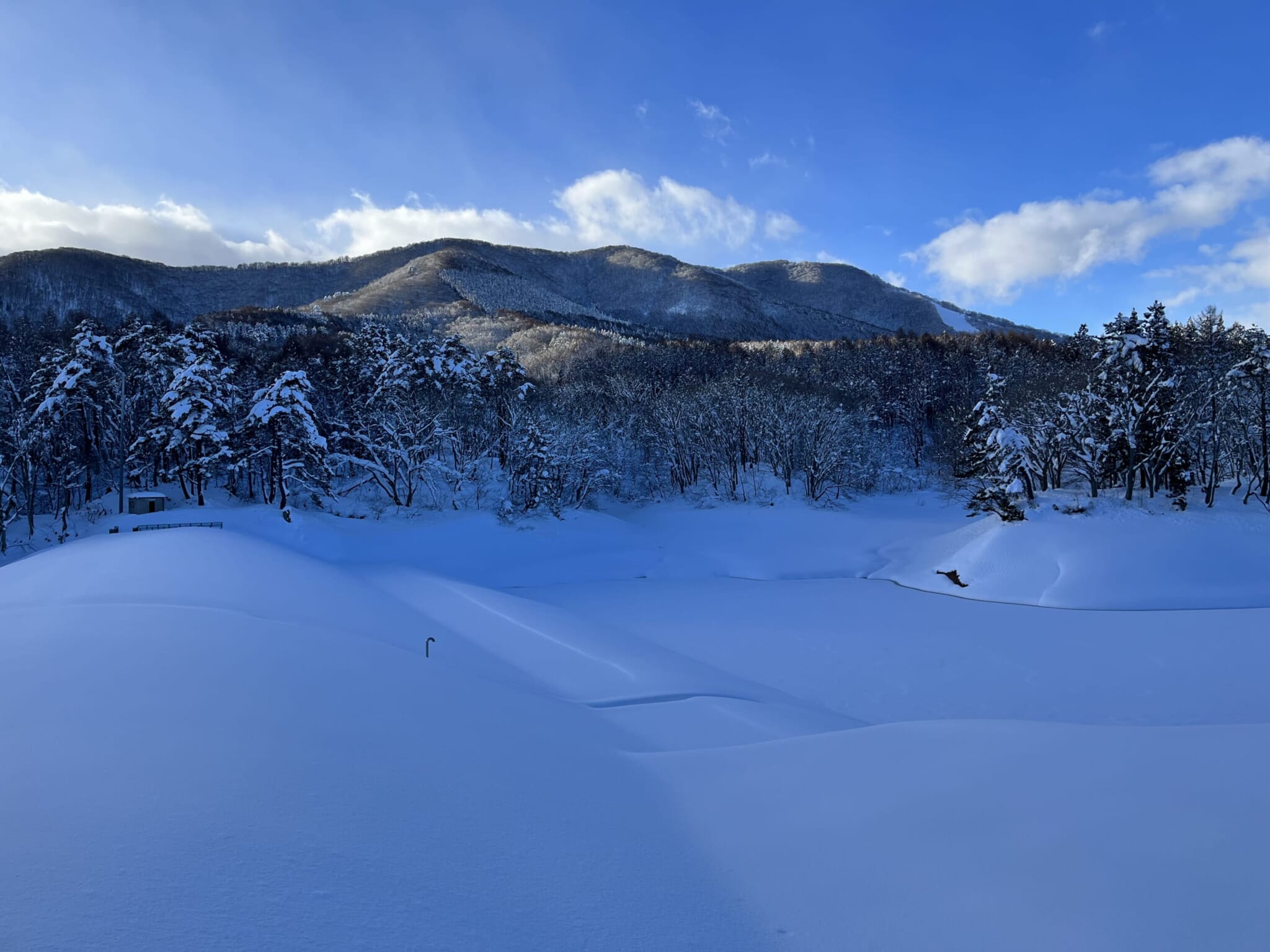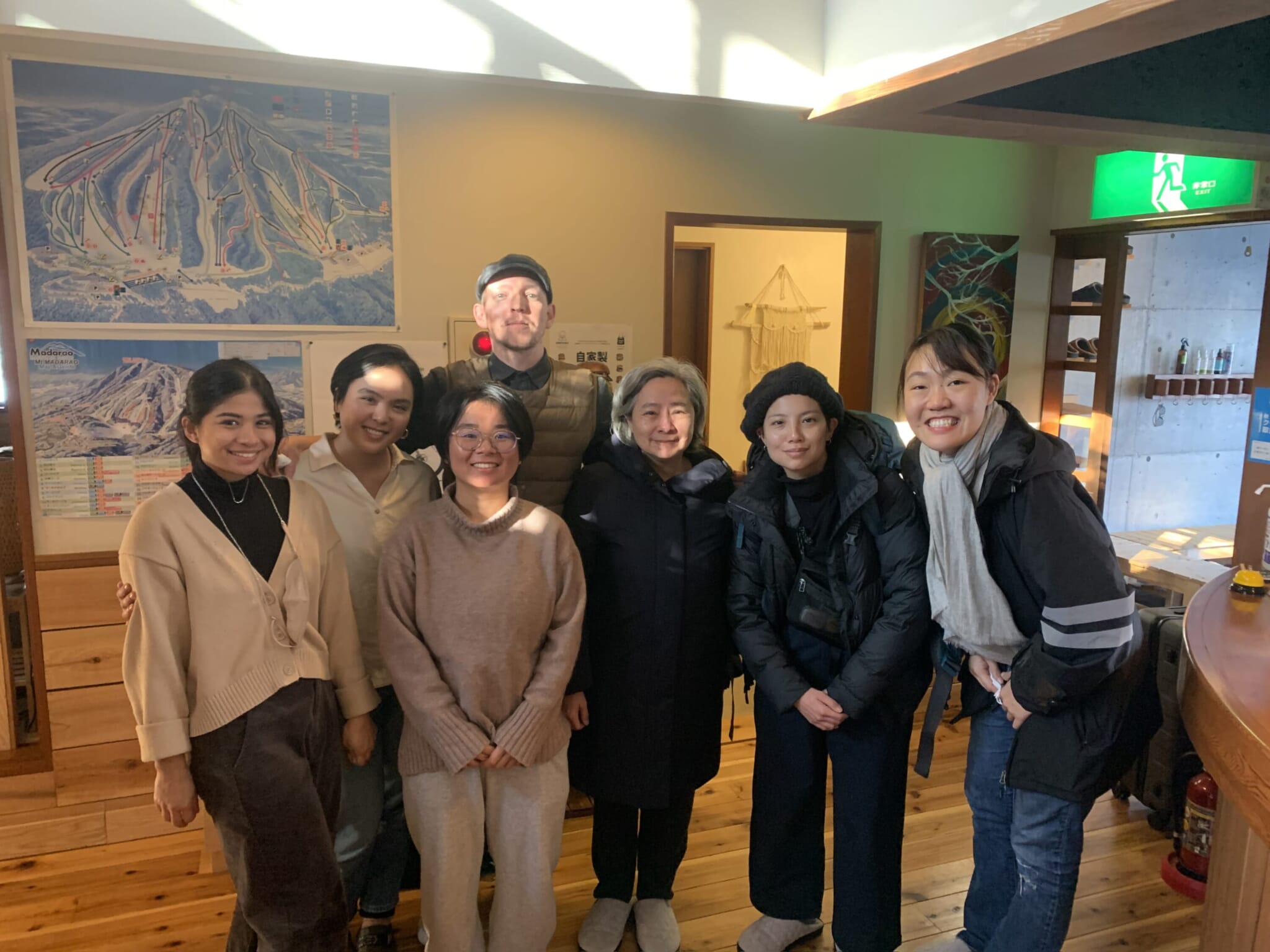Are you in between jobs, have some extra time, or just interested in new experiences? Do you want to experience a part of the country for a short time and on a budget? Then you may be interested in working for room and board in Japan. It’s perfect for students looking to spend their holidays in a different part of Japan or for freelancers with openings. It’s a viable option for those on a working holiday visa, which people who are 18 to 30 years old from certain countries can use to travel and stay in Japan for up to a year. However, make sure to check whether your visa allows this. Students on a student visa should check with their school too.
This is usually short-term work that may last a few days or an entire season. You can find a position in either a bustling city or the peaceful countryside. Whether you’re skiing, farming, teaching or just enjoying a beach resort, there are many different options. Working for room and board is prevalent in the hospitality industry. As is assisting families with babysitting and tutoring. Families in rural areas may also offer jobs to help with manual labor in addition to childcare duties.
Working for room and board specifically means that your efforts are compensated for by having all your basic expenses covered. It’s often a non-monetary exchange, but every job will have its own terms, so make sure to check beforehand.
Here are some tips on how to search for jobs for room and board, pros and cons, and finally, one experience of working for room and board in a ski lodge in Japan.

How to Find Work for Room and Board
Finding a job can be simple sometimes. If there is a hotel or restaurant in a location you’ve always wanted to visit in Japan, just go directly to them. They often have temporary job offers on their websites. The low birth rate and aging population keep worsening the labor shortage, so you may be surprised by a welcoming response.
Through Social Media
Social media has become a source for job offers, whether that’s public ads by companies or small businesses and individuals asking for hired help on various platforms. Reach out to certain hotels and resorts through Instagram, Facebook or Twitter directly to see if they’re hiring for the high peak seasons.
On Facebook, you can also join a pet sitter group where pet owners may request a pet sitter and provide lodging in exchange. You can also volunteer to help Japan Cat Network Kyoto in exchange for free lodging.
Another source of short-term jobs in Tokyo is the Tokyo Expat Network group, where people post requests for hired help. This can be anything, from babysitting and tutoring to photoshoots and modeling.
Through Workaway
It’s possible to find offers for working for room and board in Japan through websites like Workaway, where employers post about short-term positions. On Workaway, you can find jobs posted by innkeepers in the remote countryside looking for an extra hand or families looking to host a native English speaker to help their children develop new language skills.
Through Wwoof
You can also try Wwoof in Japan, where you work on a farm in exchange for meals and accommodation. Activities may include feeding animals, weeding, seeding, harvesting, washing dishes and more.

Photo by Melissa Ge
Pros of Working for Room and Board
You will get an insight into life as a local rather than one of the many tourists who come and go. It’s a chance to get to know a community outside of your regular life. From kind elderly neighbors to overseas guests, you will get to know people you otherwise wouldn’t meet.
Working for room and board in Japan is also a chance to practice Japanese, depending on your job. If you’re working in a kitchen alongside other foreigners, then you may not use much Japanese, but if you’re regularly interacting with Japanese guests, then you will improve your language skills.
Those working for room and board in the countryside, ski resorts, islands and so on get a welcome relief from the bustling city life. You can also develop other new skills and try new experiences like winter sports or water sports, depending on the location. Turning a con into a pro, you can even learn about what it’s like to live in a harsh environment.
Potential Cons to Working for Room and Board
Despite the many benefits, you may notice some cons of short-term work too. First, more often than not, you won’t receive other pay aside from getting room and board. For students on a tight budget, working an unpaid short-term job in Japan requires some sacrifice. Also, depending on the job, you might not have time to enjoy the location.
Ideally, compensation should match the labor, so working for room and board often means working part-time. As a result you’ll probably have free time to explore your surroundings. However, there is a chance you’ll come across bad employers or a bigger workload than expected. Make sure to check the job description carefully and double-check your working hours during the interview stage.
There is also a lack of mobility if you’re at a ski resort in the mountains far from the nearest station or a remote island in the summer. While this is a great opportunity to appreciate your surroundings, some may feel anxious about the prospect of being so isolated.

Melissa and the team at Onpoint Madarao
My Experience Working for Room and Board in Japan
I had the pleasure of working for two weeks right after Christmas and during New Year at Onpoint Madarao, a boutique hotel near Madarao Ski Resort on the edge of Nagano and Niigata prefectures. The hotel is owned by Justin and Kaori Sereni and occupied by them and their two rescue dogs, Tito and Juno. I was lucky to find this job through Twitter, since a friend of the hotel owners tweeted that they were looking for staff. Since most guests spoke English, I actually used less Japanese than I do in my daily life in Tokyo.
I only worked around four hours a day: a couple of hours in the morning serving breakfast and washing the dishes and a couple of hours in the evening serving dinner and washing the dishes. The rest of the day I spent snowboarding, a sport I had never tried before. I also enjoyed taking the two dogs for walks in the snow. After dinner every day, I played cards, board games or PS4 games with the guests in front of the fireplace in the living room and in the cinema room.
I had such a great time, I’m planning to go there again at the next opportunity.








